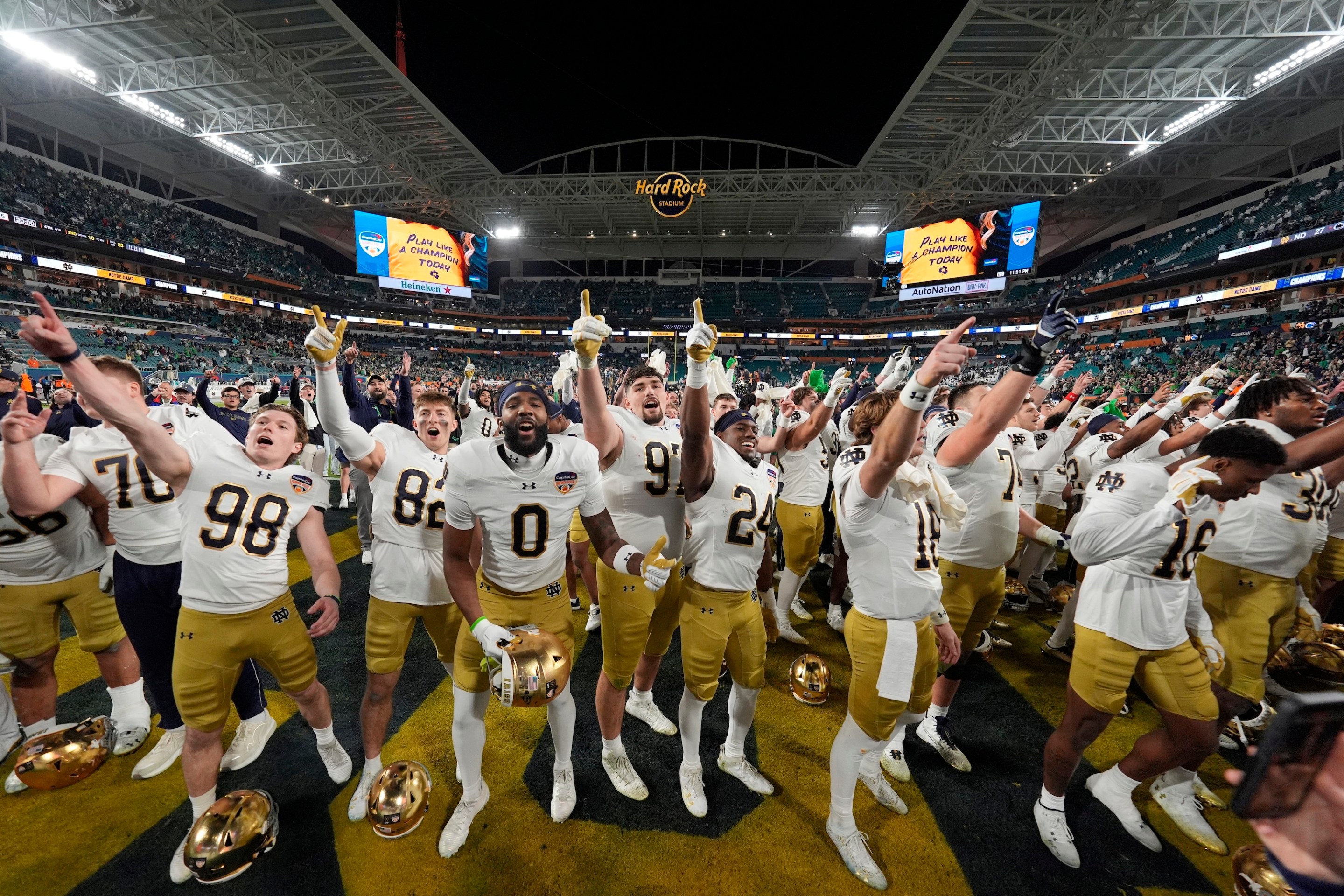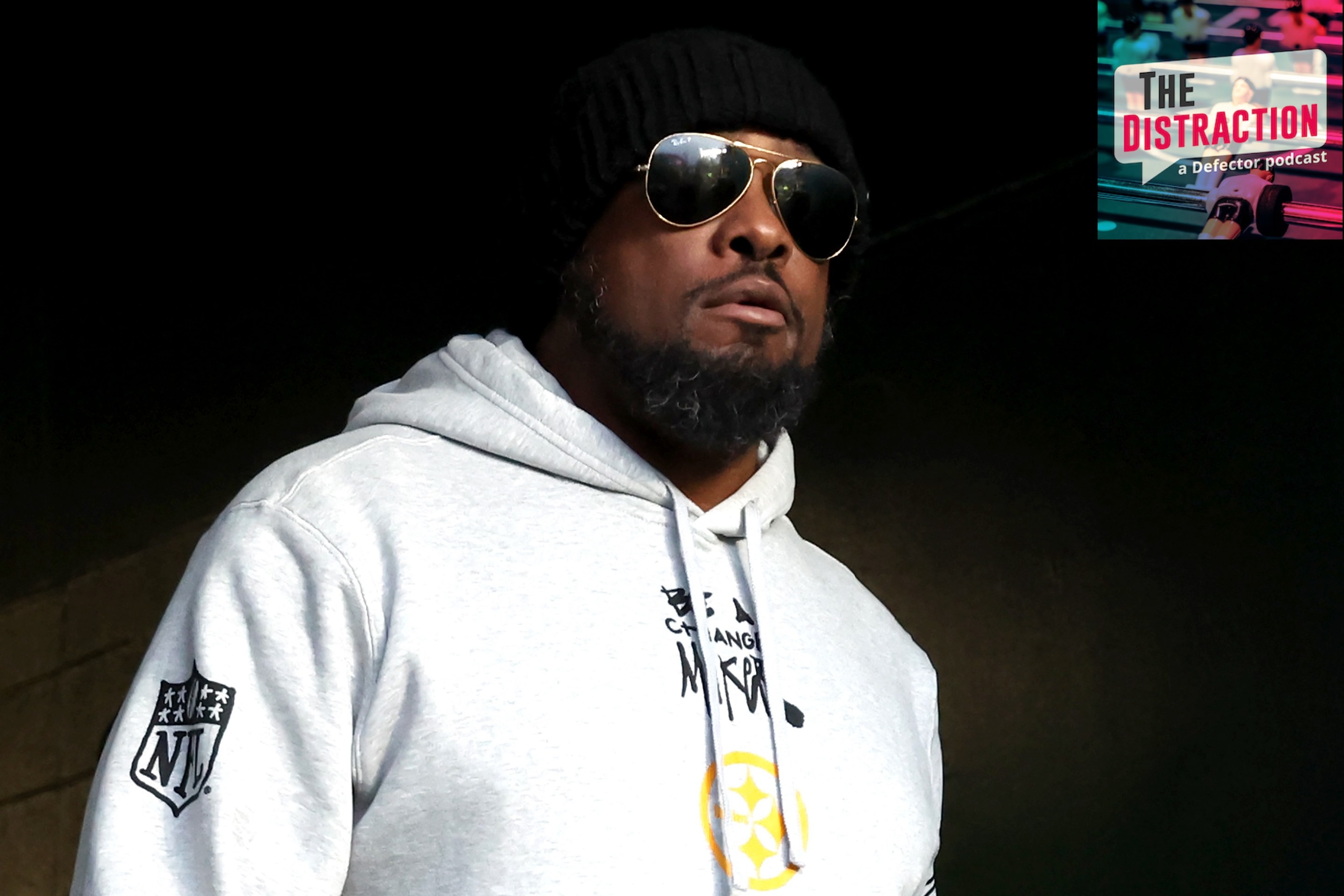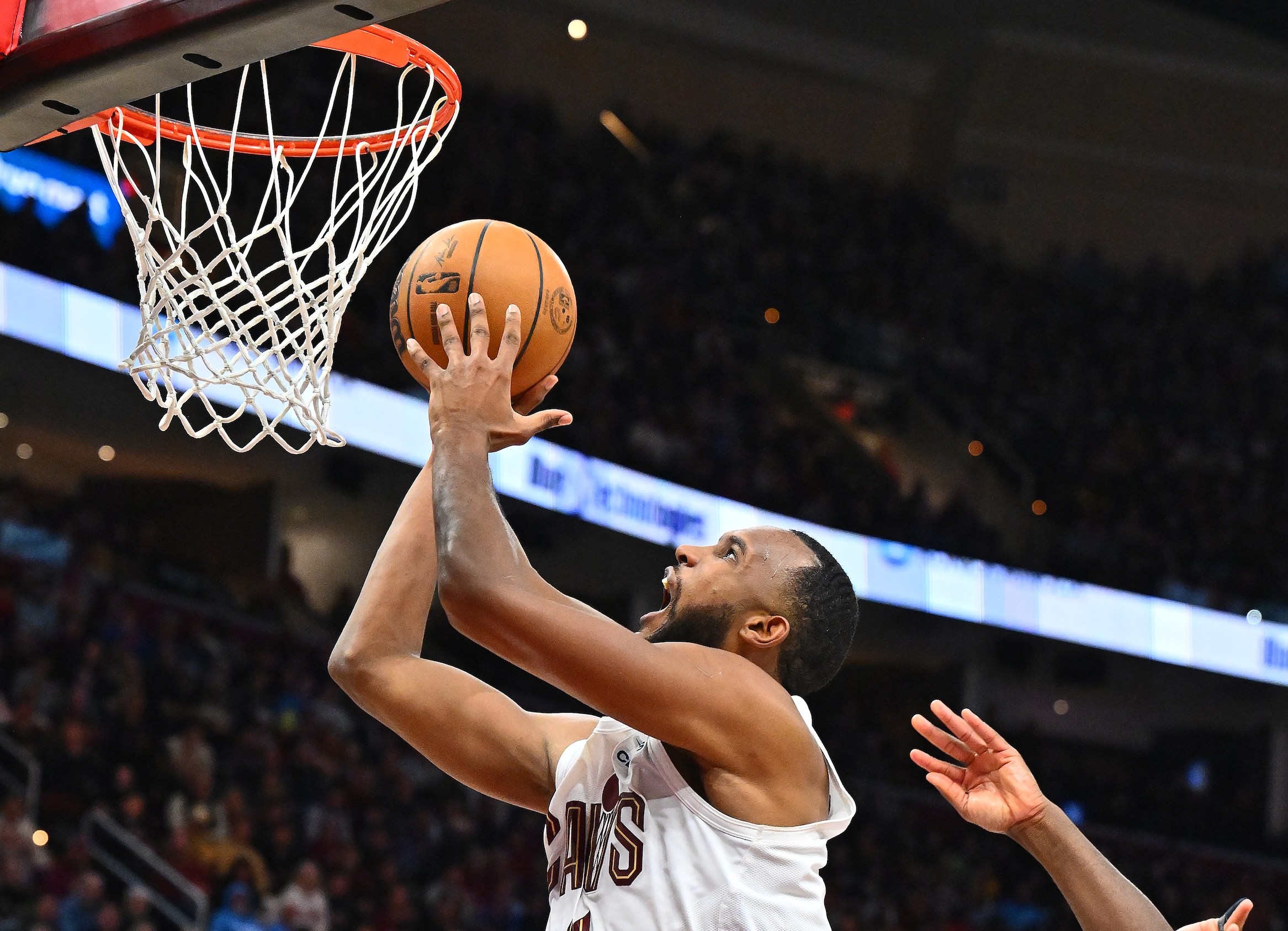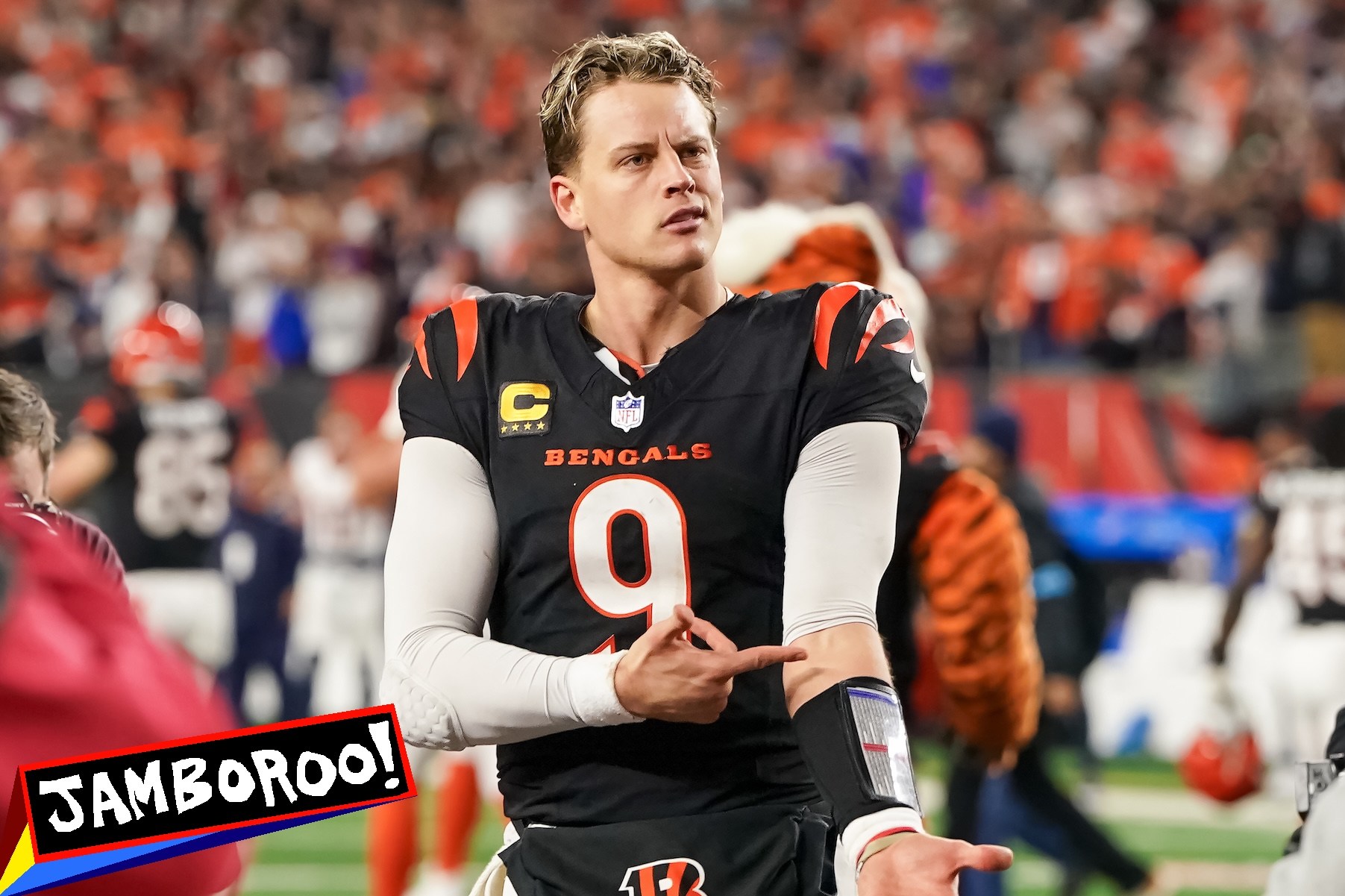After much hemming and hawing and huffing and puffing around sports regarding the importance of public vaccination, it turns out to be a remarkably simple thing to put down as a rule: Get vaccinated against COVID-19 or you can't come in to watch the hockey game. It should be nearly as simple a thing to make that decision in the first place. Perhaps that's where we're heading. Hopefully it is.
The Winnipeg Jets will be the first Big Four North American sports franchise to require all adult fans, along with team employees and arena staff, to be fully vaccinated against COVID-19 in order to attend Jets games this fall, the team announced Wednesday.
Statement from True North Sports + Entertainment regarding venue vaccination policy.
— Winnipeg Jets (@NHLJets) August 11, 2021
For more information, please read our FAQs found here >> https://t.co/6g4OMNH4Uy pic.twitter.com/jSRfM8k6mX
Don't chalk this one up to the civic-mindedness of ownership, however. Credit the government of Manitoba, which is allowing big events like sports and concerts to go on at full capacity if and only if the entire audience is vaccinated. You want to sell all your sets and make lots of money? Fine, require the jab. And because the Jets want to make a lot of money, that's what they're doing. If that's cynical, fine—it still incentivizes doing the right thing, and trickles down to incentivizing fans to do the right thing and get vaccinated.
With things having progressed to the point where pretty much anyone in the U.S. and Canada who wants to get vaccinated can, what's left to end the pandemic is convincing those who don't want to, or aren't sure. That's not an easy task, and it'll require concerted and widespread actions both public and private. Sports are a damned good place to start. People freaking love sports.
I'm reading a book right now, Kim Stanley Robinson's The Ministry For The Future, and in one section they're discussing how to convince people to do something they don't naturally want to do (specifically: how to convince fossil fuel producers to switch to carbon sequestration). Clearly, to get people—or even just markets, which operate under a broadly understood and broadly logical set of rules—to change their behavior, they must offer them incentives. There are both positive and negative forms of incentives: the carrot and the stick. The economist character insists the two are the same, that telling someone if you do this thing, you'll get $100 is functionally identical to if you don't do this thing, you'll be fined $100. The characters with backgrounds in the social sciences point out that despite the logic of that, people don't actually operate that way, that for whatever reason human psychology responds to carrots much, much more strongly than sticks. You have to reward people for desired behavior.
Is being allowed to pay money to go to Jets games a carrot? In a cold Winnipeg winter with not much else to do, absolutely. (The offer perhaps becomes slightly less carroty come playoff time.) In any case it's far less sticklike than those twin sequoias of "getting sick or worse from COVID-19" and "passing COVID-19 on to someone else," which ought to be enough but clearly isn't for those who remain unvaccinated. So let's try this.
"Sports are like the reward of a functioning society," pitcher Sean Doolittle said 13 months ago. He was talking about playing sports at all, at the height of the second wave and in empty ballparks, but it applies just as well to filling those stadiums and arenas. The half-measures taken so far aren't particularly useful. Some teams have designated certain full-capacity sections for the vaccinated, but that doesn't work because it's more pleasurable to spread out in a reduced-capacity section. That carrot's not big enough.
In April, Erie County, New York, issued a requirement similar to Manitoba's that would require the Bills and Sabres to demand fans in attendance show proof of vaccination. But then–Governor Andrew Cuomo questioned the legality of that, and a month later, before it could be decided in court, Erie executives withdrew the requirement, citing falling COVID-19 rates. That's an unearned carrot.
The U.K. government is considering a vaccination requirement for all sporting events starting in the fall, but the appetite of politicians here in the U.S., and to some extent in Canada, for even piecemeal vaccine passports is not nearly as strong, despite broad public sport for them in both countries. So it'll likely be up to private businesses and local legislators to cobble together a series of individual requirements: individual restaurants, gyms, concert halls, etc. It's already happening in some places, but sports are a particularly splashy and potent avenue for it.
You can do your part, even if you're already jabbed. As the Jets noted in their announcement, they polled their season-ticket holders on this. Why them? Same reason the 100-percent capacity carrot was so effective on the team: money talks. So let your favorite team's ticket office know you'd support a vaccine mandate, with reasonable medical exemptions, especially if you have a season plan but even if you don't. The loudest cranks and disinformation merchants may seem like they are dominating the vaccine conversation, but they are a minority and a dwindling one, and your voice matters every bit as much. Use it to make a statement that if people want to take part in society and all its boons, they should have to prove they give even the slightest shit about the other people in it.





